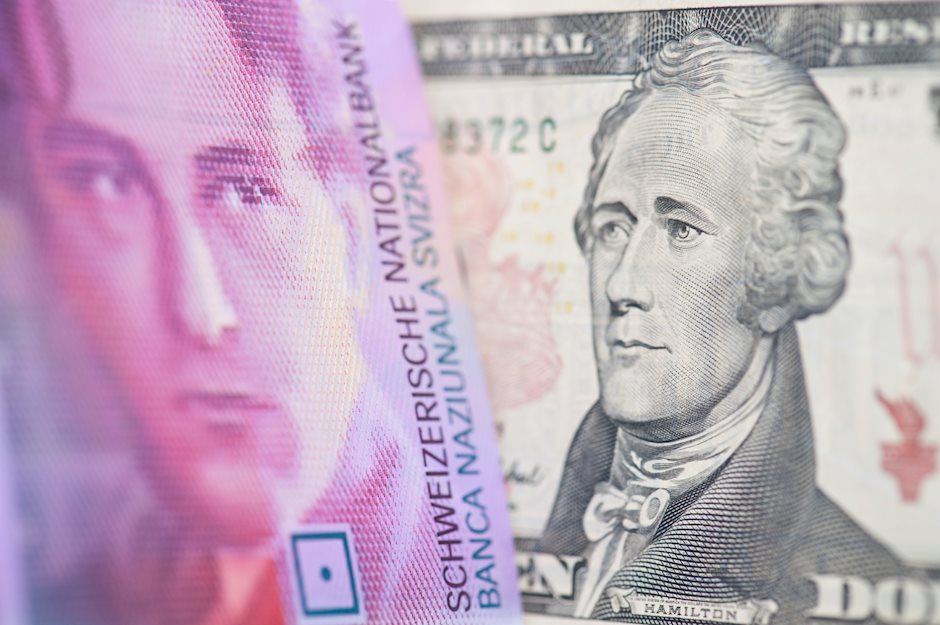Assessing future bias of SNB

The Swiss National Bank (SNB) in its monetary policy meeting on March 15, 2018, decided to maintain its monetary policy in the expansionary territory for now. That translates to two important decisions:
The Interest on sight deposits at the SNB will remain at –0.75% and the target range for the three-month Libor will remain between –1.25% and –0.25%.
At the same time, the SNB will remain active in the foreign exchange market.
The summary of the analysis of the monetary policy statement for assessing the SNB’s bias for future actions is rather neutral as March statement is little changed from the previous statements. SNB’s monetary policy still remains in dovish to neutrally territory and the Bank is unlikely to change its monetary policy anytime soon.
Analysis of SNB’s monetary policy stance from March statement
- SNB said that its policy is intended to make Swiss franc investments less attractive, thus easing pressure on the currency. The Swiss franc is still significantly overvalued. The central bank notes that Swiss franc has strengthened since its last meeting in December, on the back of a weaker dollar-this is neutral bias.
- The new conditional inflation forecast has been downgraded for the longer term and also for the shorter term as inflation has weakened recently due to a stronger franc. SNB reduced its inflation forecast for 2018 to 0.6 percent from 0.7 percent. For 2019, it reduced inflation forecast to 0.9 percent from 1.1 percent at the last meeting and forecasted 1.9 percent inflation for 2020. All forecast based on assumption that rates remain at -0.75 percent-this part is dovish.
- In the last few months, the global economy has strengthened further. The global economy exhibited strong board based growth in the fourth quarter of 2017. International trade remained dynamic. Employment registered a further increase in the advanced economies, which is also bolstering domestic demand. The SNB expects global economic growth to remain above potential in the coming quarters, given the robust economic situation, the US Federal Reserve plans to continue its gradual normalization of monetary policy. In the euro area and Japan, by contrast, monetary policy is likely to remain highly expansionary-this is neutral bias.
- In Switzerland, GDP grew in the fourth quarter at an annualized rate of 2.4%. Growth was primarily driven by manufacturing, other sectors showing strength too. In the wake of this development, capacity utilization in the economy as a whole increased further. The unemployment rate declined again slightly through to February-positive upgrade of the economic outlook is slightly hawkish.
- For 2018, the SNB expects GDP growth of around 2 percent and a further decrease in unemployment-this is neutral.
- According to the SNB’s assessment, imbalances on the mortgage and real estate markets persist. While growth in mortgage lending remained relatively low in 2017, prices for single-family houses and owner-occupied apartments began to rise more rapidly again. Residential investment property prices also rose, albeit at a somewhat slower pace. Owing to the strong growth in recent years, this segment, in particular, is subject to the risk of a price correction over the medium term and the central bank will continue to monitor the situation-also neutral bias.
Author

Mario Blascak, PhD
Independent Analyst
Dr. Mário Blaščák worked in professional finance and banking for 15 years before moving to journalism. While working for Austrian and German banks, he specialized in covering markets and macroeconomics.

















